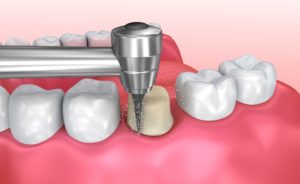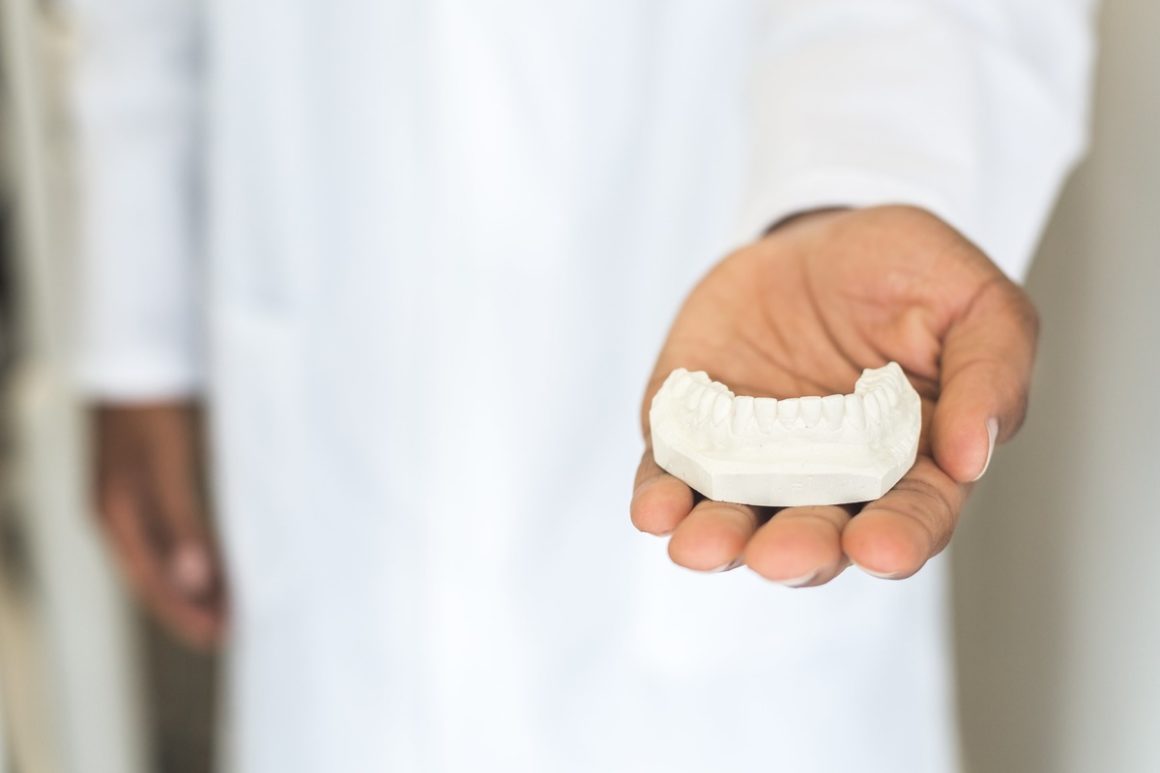Indications for dental implantation:
- the most important indication for the use of implants is a single defect of the dentition with healthy adjacent teeth
- the absence of one of the teeth in the anterior region
- limited dentition defects (i.e. if a person does not have 2-3 teeth in a row, then they can be restored by implanting teeth).
- end defects of the dentition, i.e. when there are no last teeth in the row.
- complete absence of teeth, especially with a decrease in the height of the alveolar process
- intolerance to removable dentures due to hypersensitivity to acrylates or when a gag reflex is expressed
- lack of functional occlusion (closure of teeth) which results in occurrence of pain syndrome

Contraindications to dental implantation:
Absolute:
- diseases of the blood and blood-forming organs. For example, a bleeding disorder makes any operation impossible due to the development of serious bleeding
- diseases of the central nervous system (both congenital and acquired). The most striking example is mental illness, in which the patient may inadequately perceive information about the rules of behavior during and after treatment.
- malignant neoplasms of various organs and systems (cancer, sarcoma). Surgical intervention may affect tumor growth and metastasis.
- immunopathological conditions (surgical interventions necessarily require some time of active and rather hard work of the immune system for normal healing of tissues after surgery)
- systemic connective tissue diseases. Implantation is very demanding on the growth and development of the connective tissue around the implant, therefore such diseases as systemic lupus erythematosus, scleroderma, rheumatic, rheumatoid and other diseases make the implant installation process impossible
- tuberculosis and its complications
- some diseases of the oral mucosa: chronic recurrent aphthous stomatitis, lupus erythematosus, pemphigus, Sjogren’s syndrome, etc.
- type I diabetes
- hypertonus of masticatory muscles, bruxism.
Relative:
- lack of rehabilitation of the oral cavity (the presence of carious teeth, for example)
- poor oral hygiene (this item is a direct indication for the appointment of removable prosthetics)
- gingivitis (inflammation of the gums of infectious and non-infectious nature)
- marginal periodontitis (inflammation of the tissues surrounding the teeth)
- pathological bite
- diseases of the temporomandibular joint (arthrozoarthritis)
- severe atrophy or bone defect in the alveolar process
- smoking, alcoholism, drug addiction
- pregnancy
General contraindications include:
- general surgical grounds for refusing any intervention.
- contraindications for pain relief (for example, anesthesia intolerance).
- some somatic diseases that implantation can affect (for example, endocarditis and other heart diseases, rheumatic diseases, etc.).
- some treatments that may affect the healing and preservation of the implant after prosthetics, the tissue surrounding the implant (for example, the use of immunosuppressants, anticoagulants, antidepressants, cytotoxic drugs and some other substances).
- distress syndrome (severe and prolonged stress caused by various causes)
- depletion of the body (cachexia)
- poor oral hygiene (this item is a direct indication for the appointment of removable prosthetics)

